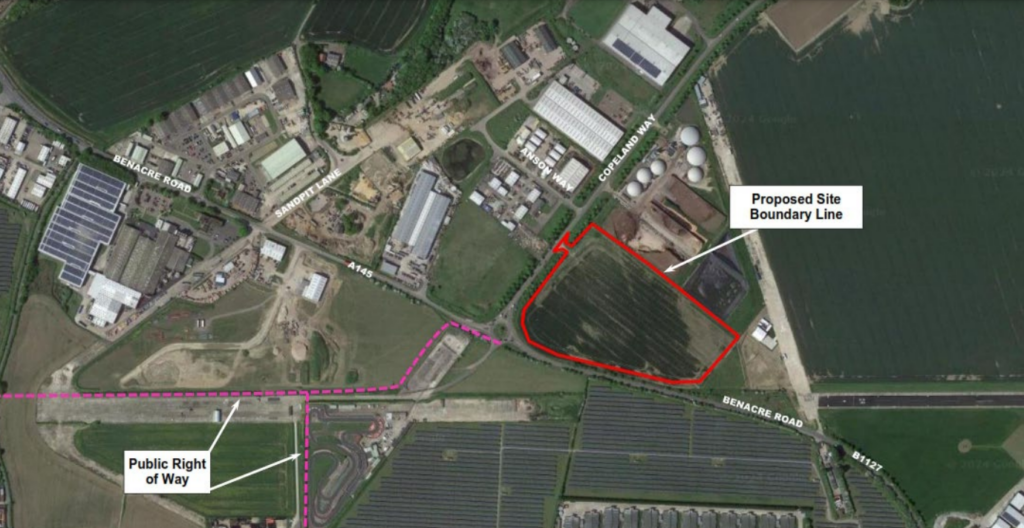Outlining the challenges the local authority faced in implementing the service, Mr Upstone spoke at the LARAC Conference on 6 October, alongside Wendy Fail from Northumberland county council and Mark Barnfield from Severn Trent Green Power.
Mr Upstone explained that the local authority intended to roll the service out last October, but had to push it back because of vehicle shortages.
“The vehicles were ordered nine months in advance, but they just didn’t arrive,” Mr Upstone said.
Eventually, the council decided to set a date, while “ringing around hire companies to try and get some vehicles in”, he continued.
In February, food waste caddies were delivered to around 7,000 households over a four-week period along with a roll of liners and an information leaflet.
The collections then began on 1 March, with two of the council’s own vehicles, five hire vehicles and vans “that were utilised to get the first collections done”.
Costs
Reflecting on the first six months of running the service, Mr Upstone noted that the first week saw the council collect 115 tonnes of food waste.

The amount of residual waste decreased by 7%, while the council started charging for garden waste collections. This “helped pay for rolling out food waste and offset some other costs”, including bringing down the cost of collection of recycling by approximately £8 per tonne, to £42 per tonne.
Mr Upstone then said the cost of collecting food waste was £175 per tonne, adding that “it is very expensive, so you have to look at how to balance the book when putting the service in”.
However, while the collection costs are high, the council saves around half a million pounds per year on disposal costs.
Participation
Participation is “key” to bringing down costs as it results in a reduction of residual waste, the disposal costs for which are much higher, Mr Upstone continued.
He added that in Cherwell district council, participation is at around 51%, which is “not good compared to other recycling materials”.
Mr Upstone described some of the council’s communication strategies, which included putting a “no food waste” sticker on residual waste bins as well, as knocking on the doors of properties which were not putting their food waste caddies out.
Other councils
Representatives from other local authorities echoed some of the same challenges, with one pointing out that even getting one vehicle for a trial was “really hard”.
Many others cited the “ick factor” as a barrier to participation, agreeing that one of the biggest problems is that people are put off by having to handle food waste.
Increased costs were also an issue raised by many. With many council’s budgets stretched, some said it was difficult to find a way to mitigate other costs, meaning discussing implementing the service was a “hard conversation to have”.
As mandatory food waste collections are inching closer under the consistency reforms, Mark Barnfield from Severn Trent Green Power, warned that “the supply chain pressure is going to build even further.” However, he added: “As a sector, we will get there.”












Subscribe for free